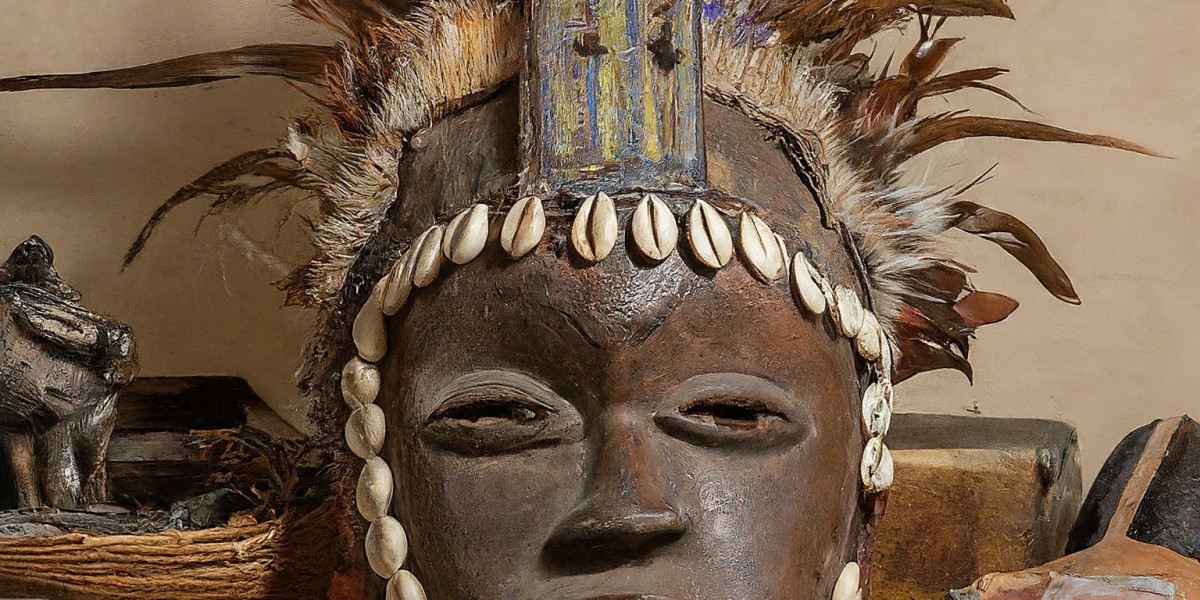The Yoruba people boast a rich and vibrant history, stretching back millennia. While much of the early period is shrouded in the mysteries of oral tradition, archaeological evidence and later written accounts paint a fascinating picture of a people who rose to become a dominant cultural force in West Africa.
Early Ife and the Roots of Yoruba Civilization
Archaeological excavations at Ile-Ife, considered the spiritual homeland of the Yoruba, reveal settlements dating back to the 4th century BC. Professor Philip Peek, a renowned scholar of Yoruba art, highlights this period in his book "The Power of Images: Encounters in the Yoruba Religious Tradition" as a "golden age" of Ife, marked by the creation of exquisite bronze, stone, and terracotta sculptures [Quote from Peek]. These artistic achievements are a testament to the sophistication of early Yoruba society.
The Rise and Fall of Kingdoms
Oral traditions credit the kingdom of Ile-Ife with birthing Yoruba civilization. Many Yoruba city-states trace their origins back to Ife's founders. However, the Yoruba people never formed a single unified empire. Instead, they existed in a collection of independent kingdoms, each with its own unique political structure. The Oyo Empire, for instance, emerged as a powerful force in the 17th century, with its Alaafin wielding significant influence. Scholar Toyin Falola details how the Oyo Empire eventually succumbed to internal conflicts and external pressures in the 19th century [Quote from Falola, "The History of Nigeria"].
Trade, Enslavement, and the Enduring Yoruba Legacy
The Yoruba people were not just skilled artists and sophisticated rulers; they were also astute traders. Their strategic location facilitated commerce across West Africa. While some social media posts glorify this era as a golden age of trade, it's important to acknowledge the involvement of the Oyo Empire in the Transatlantic slave trade during the 18th century. This complex and often tragic period remains a part of the Yoruba narrative.
Yoruba Today: A Diaspora Spreads its Wings
The colonial era and the formation of modern-day Nigeria brought significant changes to Yoruba society. Yet, the Yoruba spirit of resilience and cultural pride has endured. Today, the Yoruba people remain a vibrant force not just in Nigeria but across the globe. The influence of Yoruba culture can be seen in music, art, religious practices, and even everyday language in places like Brazil and Cuba, where the descendants of enslaved Africans carry Yoruba traditions forward. A recent Twitter thread by @YorubaHistory celebrates this global diaspora, showcasing the far-reaching impact of Yoruba heritage.
The story of the Yoruba people is one of innovation, adaptation, and enduring cultural strength. It's a narrative that continues to be written, with each generation adding its own verse to this rich tapestry of time.










